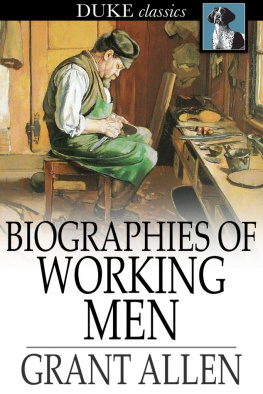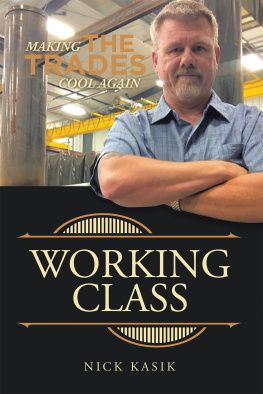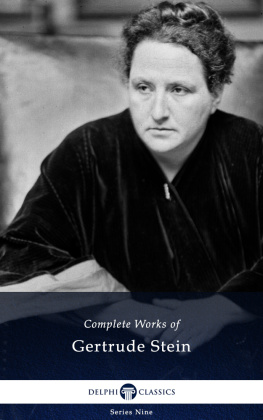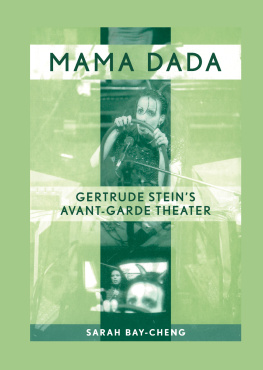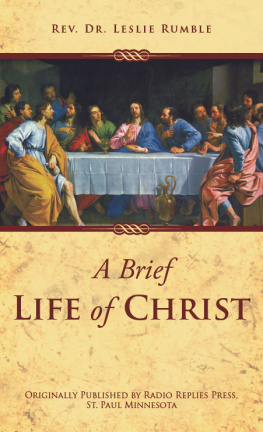The International Library of Sociology
RECRUITMENT
TO SKILLED TRADES
Founded by KARL MANNHEIM
The International Library of Sociology
THE SOCIOLOGY OF
WORK AND ORGANIZATION
In 18 Volumes
| I | Apprenticeship | Liepmann |
| II | Industrial Disputes | Eldridge |
| III | Industrial Injuries Insurance | Young |
| IV | The Journey to Work | Liepmann |
| V | The Lorry Driver | Hollowell |
| VI | Military Organization and Society | Andrzejewski |
| VII | Mobility in the Labour Market | Jeffreys |
| VIII | Organization and Bureaucracy | Mouzelis |
| IX | Planned Organizational Change | Jones |
| X | Private Corporations and their Control - Part One | Levy |
| XI | Private Corporations and their Control - Part Two | Levy |
| XII | The Qualifying Associations | Millerson |
| XIII | Recruitment to Skilled Trades | Williams |
| XIV | Retail Trade Associations | Levy |
| XV | The Shops of Britain | Levy |
| XVI | Technological Growth and Social Change | Hetzler |
| XVII | Work and Leisure | Anderson |
| XVIII | Workers, Unions and the State | Wootton |
RECRUITMENT TO
SKILLED TRADES
by
GERTRUDE WILLIAMS
First published 1957 by
Routledge
Reprinted in 1998 by
Routledge
2 Park Square, Milton Park, Abingdon, Oxon, OX14 4RN
Transferred to Digital Printing 2007
1957 Gertrude Williams
All rights reserved. No part of this book may be reprinted or reproduced or utilized in any form or by any electronic, mechanical, or other means, now known or hereafter invented, including photocopying and recording, or in any information storage or retrieval system, without permission in writing from the publishers.
The publishers have made every effort to contact authors/copyright holders of the works reprinted in The International Library of Sociology. This has not been possible in every case, however, and we would welcome correspondence from those individuals/companies we have been unable to trace.
British Library Cataloguing in Publication Data
A CIP catalogue record for this book is available from the British Library
Recruitment to Skilled Trades
ISBN 0-415-17689-1
The Sociology of Work and Organization: 18 Volumes
ISBN 0-415-17829-0
The International Library of Sociology: 274 Volumes
ISBN 0-415-17838-X
Publisher's Note
The publisher has gone to great lengths to ensure the quality of this reprint but points out that some imperfections in the original may be apparent
CONTENTS
PREFACE
THE research on which this book is based was carried out with the aid of a grant made available under the Conditional Aid Scheme for the use of Counterpart Funds derived from United States Economic Aid; and I am glad to have this opportunity to express my gratitude for this assistance.
My thanks are due also to a very large number of people who answered written enquiries or who gave valuable time out of busy working days to personal interviews. They are too numerous for it to be possible to name each individually; but this enquiry could not have been completed without the co-operation of personnel managers and apprentice masters all over the country, principals and staffs of technical colleges, secretaries of trade unions and employers' associations and officials of government departments who have given me generously of their time and knowledge. My thanks are no less warm for being offered collectively.
I should like also to express my appreciation of the help given me throughout the three years taken by the enquiry by my research assistant, Mr. John Hopson, and my secretary Mrs. Doreen Edgar, without whose unflagging co-operation, the task would have been much more burdensome than it was.
GERTRUDE WILLIAMS
Bedford College,
July 1957
I
THE HISTORICAL BACKGROUND
UNTIL the beginning of the nineteenth century the usual method of entry to trade and industry in general was through apprenticeship. The master undertook to teach the boy placed under his care everything necessary to enable him to become, first a journeyman, and later a master of the business, and the boy undertook to serve his master faithfully during the term of years laid down, at a wage well below the customary rate for an adult in that occupation. It was usual for the apprentice to lodge with his master and to learn from him not only the details of the craft or business but also the general knowledge of life and manners considered suitable to his degree.
This contractual relationship was formally established by the Statute of Artificers passed in 1562, which became the foundation of a national system of apprenticeship. By this Act a period of seven years' servitude was imposed on all those who wished to set up in any trade or craft, and as far as the Law was concerned a person who had not undergone this period of training was not entitled to set up as a master for himself. The Act was not repealed until 1814 but long before that date its provisions had ceased to be widely effective. In many trades no questions were asked of a journeyman about the length of time he had served, and masters took on as many young people as they wished without any form of either written or verbal agreement with regard to their training. Even more important than the latitude in observance of the clauses of the Statute was the fact that it was held not to apply to new trades, so that all the developments in industry and commerce of the seventeenth and eighteenth centuries were outside its scope. So great in fact were the changes that had taken place by the beginning of the nineteenth century that it is believed that in all probability 99% of the journey-men then working would have been doing so illegally if the Statute had been enforced.
But although conditions had changed, the use of the term apprentice still remained for young workers. The Poor Law authorities, who in the early years of the last century farmed out pauper children to the cotton mills, spoke of them as apprentices although there was no longer any obligation on the employer to teach them anything other than the simple mechanical processes for which he was anxious to procure them. They were apprentices only in the sense that they were bound to the employer with whom they had been placed throughout the period of their minority, but in actual fact they were simply cheap child labour. As mechanical processes were introduced into one industry after another this use of child labour became more and more common, though the children were sons and daughters of free' parents rather than the protegs of the Poor Law Officers, and apprenticeship as a period of supervised training for a skilled job came gradually to be confined to a comparatively small number of occupationsthose in which, despite the introduction of machinery, there was still need for both manipulative skill and understanding of the processes. For this comparatively small number of trades there had grown up two distinct, though related, methods of entry. In some, apprenticeship retained unchanged the features that had characterized it for centuries; boys were bound by written indentures for a term of years, and the reciprocal obligations of master and youth were clearly stated. Although the Statute of Artificers was repealed and there was therefore no legal regulation of this period of training, the trade unions which grew up in the skilled crafts in the mid-nineteenth century made careful arrangements about the period of training and the field of recruitment from which apprentices might be chosen. Where no such traditional form of apprenticeship remained there were crafts in which the journeymen had been allowed to introduce and train their own sons. In this case there was no indenture, no fixed term of training, no conditions of employment laid down and no regulation covering the numbers to be admitted. A journeyman could, if he wished, introduce and train all his sons at once, or allow one to follow another as he reached the age for employment. In some occupations workers who were childless were entitled to introduce the sons of fellow-workers, but in others the privilege was retained strictly for members of one's own family. In still other trades there was a combination of both methods. An apprentice was indentured to the employer but the employer undertook to restrict the choice to sons of those already working in the trade.







